
Starting today, the price of petrol across Nigeria will drop to N935 per litre, following a major adjustment in the pricing structure by the Independent Petroleum Marketers Association of Nigeria (IPMAN) in collaboration with Dangote Petroleum Refinery. This move is a result of a new ex-depot price of N899.50 per litre set by the Dangote Refinery, which is expected to lead to a decrease in the price at filling stations nationwide, benefiting consumers ahead of the festive season.
The decision comes after weeks of intense competition between the Nigerian National Petroleum Corporation Limited (NNPCL) and Dangote Refinery, both of which have been reducing their prices in an effort to dominate the market. Previously, the ex-depot price for petrol was set at N970 per litre, but the new arrangement will significantly lower the cost of the product for both marketers and consumers, with a logistics cost of N36 added on, bringing the final pump price to N935 per litre.
IPMAN, which represents over 30,000 petrol marketers across Nigeria, confirmed that members will start loading petrol from the Dangote and Port Harcourt refineries, taking advantage of the new price reduction. This comes at a time when consumers have been grappling with high fuel prices, especially in Lagos, where the cost of petrol had previously ranged between N950 and N980 per litre at select stations, but remained above N1,000 at many others.
The new pricing is expected to help stabilize petrol costs across the country, as marketers are now required to stick to the N935 per litre price. According to Chinedu Ukadike, IPMAN’s National Publicity Officer, the reduced price is a result of a competitive price war between NNPCL and Dangote, which has proven to be beneficial for consumers, providing more affordable fuel while increasing the overall availability of the product. Ukadike also emphasized that the deregulated oil market has allowed for greater transparency in pricing and better competition, which will ultimately benefit Nigerian commuters.
In addition to the immediate price drop, the move is seen as a step toward more sustainable fuel pricing in Nigeria’s downstream oil sector. The competition between the two key players is helping to shed light on the true cost of petrol production and the logistics involved, with each refinery aiming to undercut the other to capture a larger share of the market. This price war is expected to continue in the coming months as both NNPCL and Dangote push to offer lower prices to consumers.
Furthermore, filling stations across the country, particularly those under the Petroleum Products Retail Outlet Owners Association of Nigeria (PETROAN), are also expected to start selling petrol at the new price point, as they partner with MRS filling stations to lift fuel directly from the Dangote Refinery. The collaboration ensures that more filling stations will be able to access the lower-priced fuel, facilitating a quicker rollout of the new prices nationwide.
While prices are expected to fluctuate depending on demand and supply across various regions, marketers have assured Nigerians that stations operated by IPMAN members will remain open throughout the festive season, preventing artificial fuel scarcity and ensuring that consumers have consistent access to affordable fuel.
The new pricing structure aligns with the Dangote Refinery’s ongoing efforts to increase its operational capacity. The refinery is now operating at 85% capacity, producing up to 550,000 barrels per day, and is on track to begin delivering European-standard petrol by January. This is a major milestone for the refinery and for Nigeria, as the country continues to reduce its reliance on imported refined products.
As the situation unfolds, experts expect the price of petrol to continue to decrease gradually, creating a more competitive and transparent market. The improved fuel pricing, combined with increased production from domestic refineries, signals a promising shift for Nigeria’s oil sector and the economy at large.




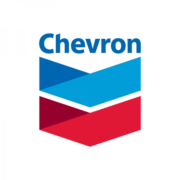
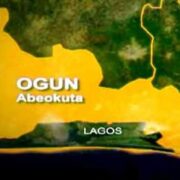
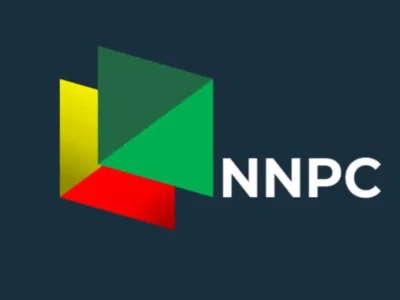

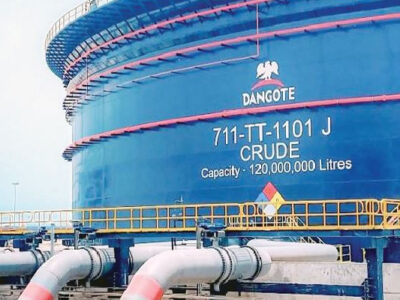

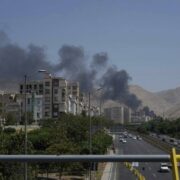










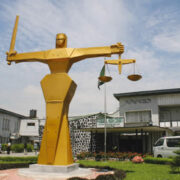
Comments